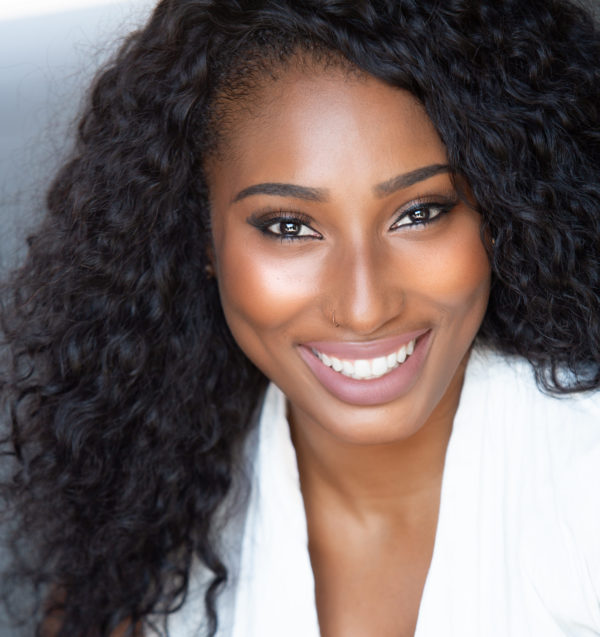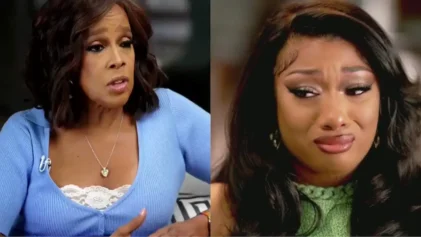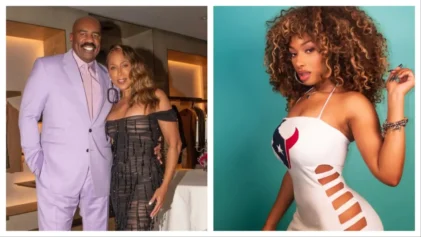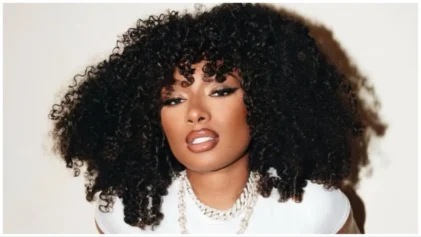This summer saw Cardi B try and fail to have her signature phrase “Okurrr” trademarked. But it also saw fellow rapper Megan Thee Stallion file to trademark “Hot Girl Summer,” a term she popularized thanks in part to her album, “Fever” and her song “Hot Girl Summer” featuring Nicki Minaj.
Many artists decide to trademark phrases and names in an effort to use them to differentiate their products, according to entertainment attorney Desiree Talley of Talley Law Group.

“A trademark is essentially a brand name, it’s a trademark or service mark that includes any word, name, symbol, device or any combination of those particular items,” Talley told Atlanta Black Star earlier this month. “It’s intended to be used to identify and distinguish goods and services from one seller or provider from those of others. Essentially, you use a trademark to protect your brand and logos and just identify it from different sources.”
Those hoping to trademark a name or symbol should know the initial application fees can range from $225-$400 according to the USPTO.
“Make sure you trademark in the category you want to use,” Talley advises of how to file a trademark. “You also have to submit an example of how you use the business name or how you intend to use the business name upon completing the application and then you have to make sure you’re using that name within six months of the application filing and it being approved.”
Talley said the process usually takes a couple of months, during that period someone else has the chance to dispute or oppose the trademark if they’re using it too. Once the trademark is approved, it’s good for 10 years. After that, it has to be renewed or else the registration will be lost and someone else can register it at that time.
In March Cardi filed paperwork with the U.S. Patent and Trademark Office and hoped to use “Okurr” on various apparel, like shirts, leggings, and hats. The former reality star also wanted to use the slogan on items like posters. Meanwhile, Megan filed paperwork with the office in July to be able to use the phrase “Hot Girl Summer” for use on merchandise like T-shirts and hoodies, Billboard reported.
Talley said slogans like those from Cardi and Megan can be trademarks and noted they ought to be trademarked before they become popular.
“Otherwise, if it becomes generic and it’s common use, then you won’t be able to trademark it,” she said. “It’s never too soon to trademark but if you don’t have the money to trademark right then, definitely do it as soon as possible.”
The USPTO rejected Cardi’s application saying that “Okurr” was “a slogan or term that does not function as a trademark or service mark to indicate the source of applicant’s goods and/or services.”
“Some of the reasons why a trademark might be denied is if it includes the name of a living person or identifies a person without consent, it resembles another mark that is already registered … and it may falsely portray a person or a symbol … or it is merely descriptive,” Talley said, noting the latter is what Cardi’s trademark filing denial fell under.
But when it comes to the success Megan may have with her filing, Talley says it will likely be tricky.
“I think with the Megan case, it’ll be interesting to see if she’s able to trademark ‘Hot Girl Summer,'” the attorney said. “Although it seems to be catching fire and we seem to have coined the term to her, the Cardi B ruling for [the] ‘Okurr’ saying just came down and her application was denied. So if you compare those two cases, I think Megan might have a little bit of trouble getting that trademark approved.”
Talley explained in the case of Cardi, the trademark office determined “Okurr” was “a widely used commonplace expression.” So because Cardi did not attach her catchphrase to a good or service, it was simply a saying. As for how to avoid the pitfall that Cardi B fell into, Talley stressed the importance of doing research.
“It’s all about doing the research upfront,” she said, noting people should Google to see if the name or slogan is already in use. “Making sure the application is completed correctly. You can do those things on your own, you don’t necessarily need an attorney. But know that once you file the trademark application, all the information becomes public knowledge and that gives someone else an opportunity to register that trademark if your application is denied and you lose the money. It is expensive, it’s a long process so doing it right the first time is very important.”


